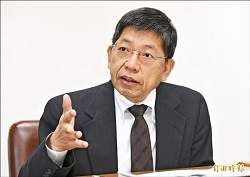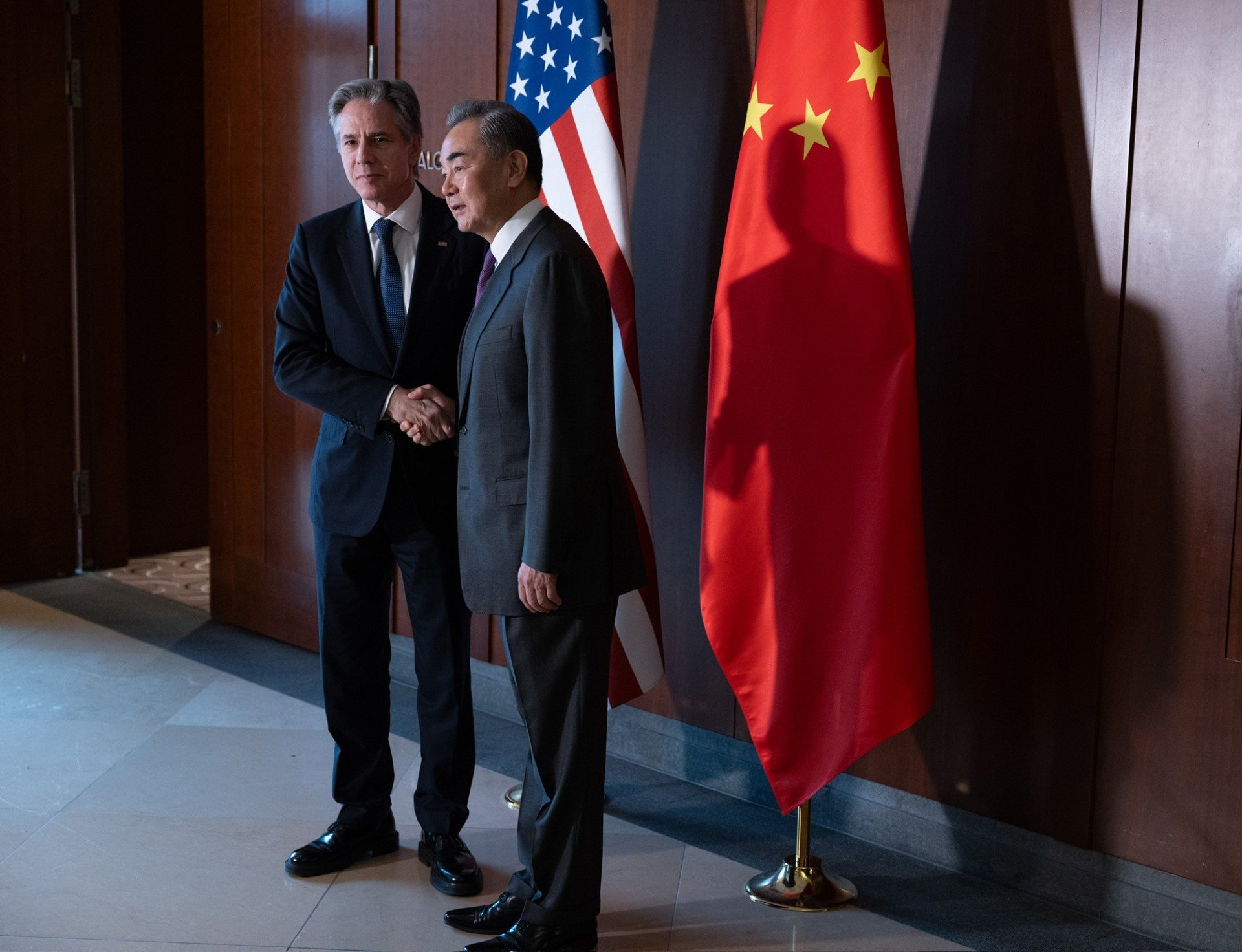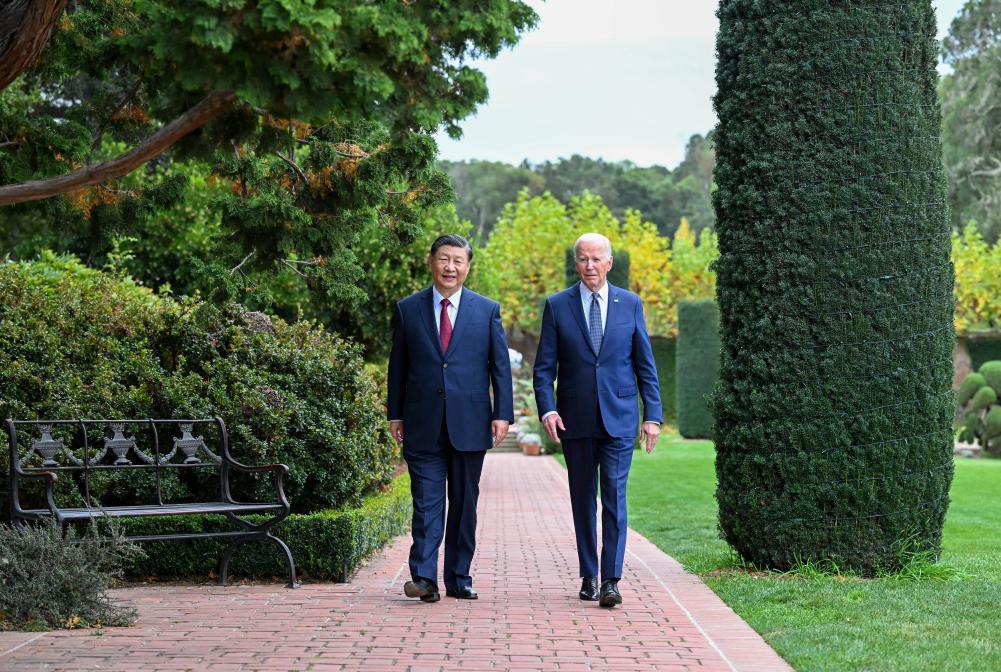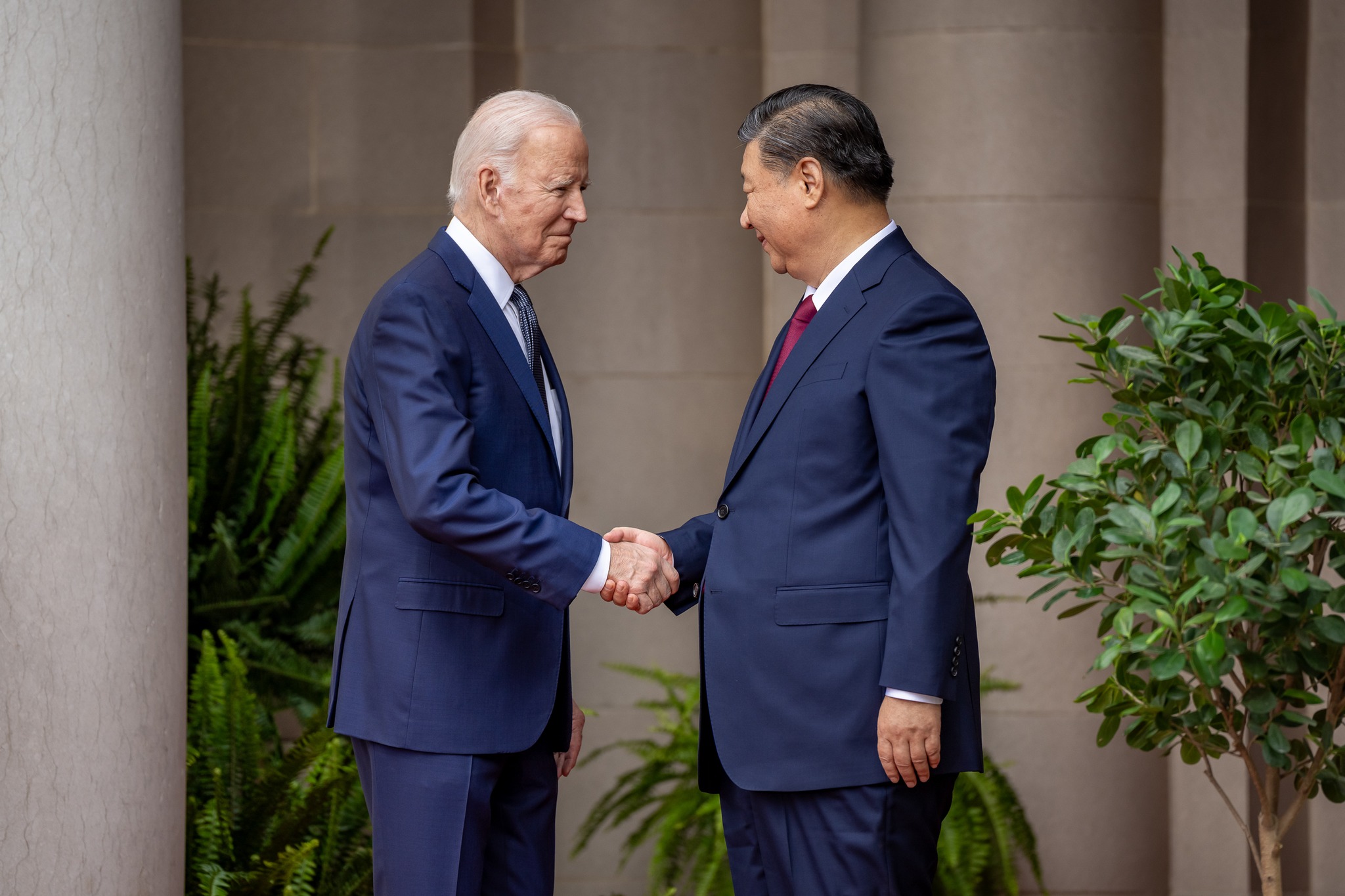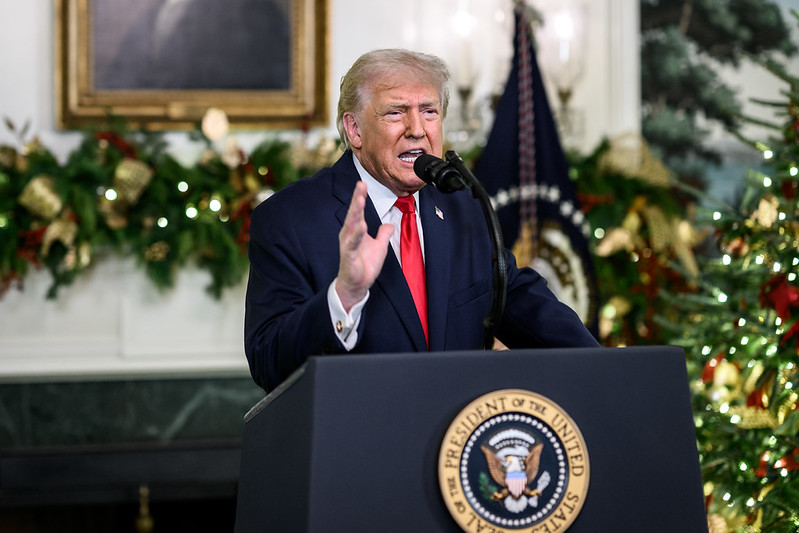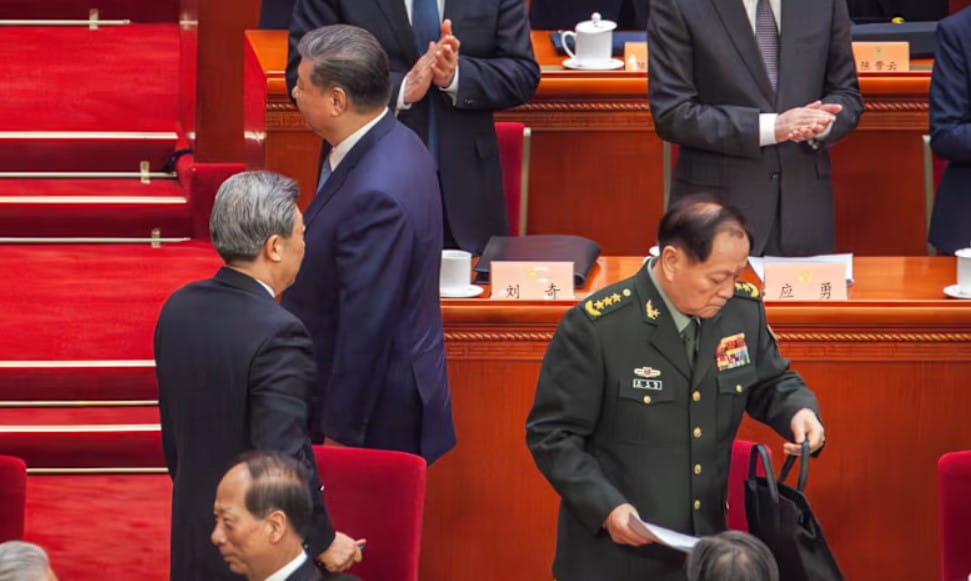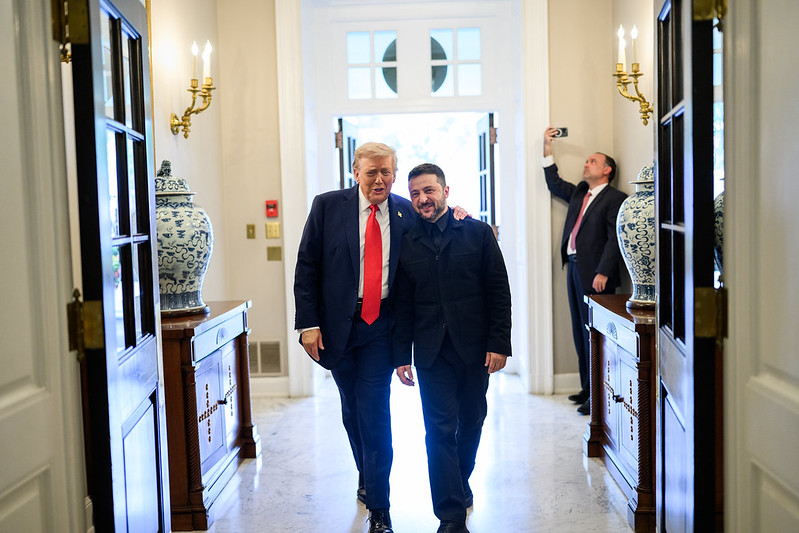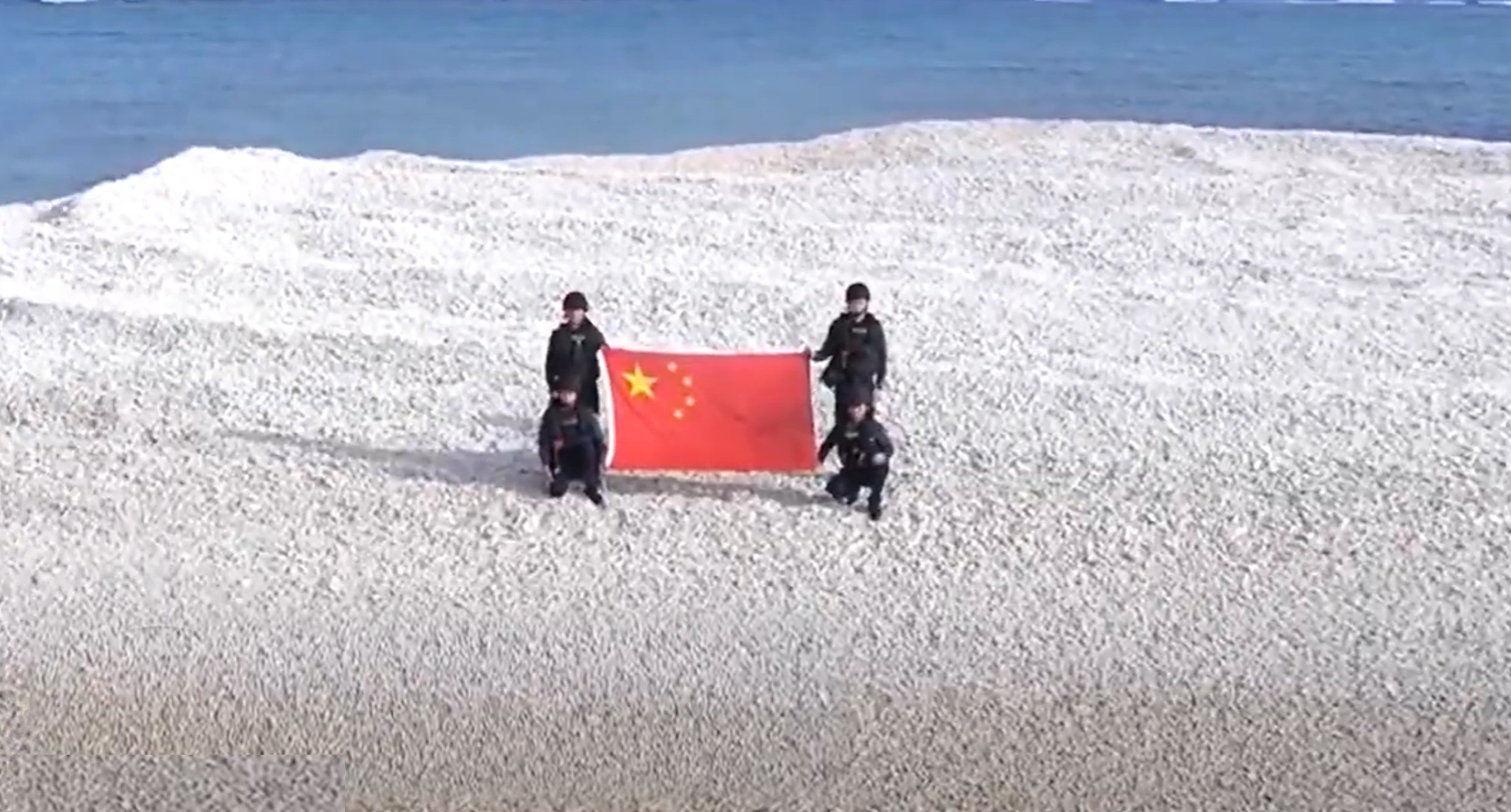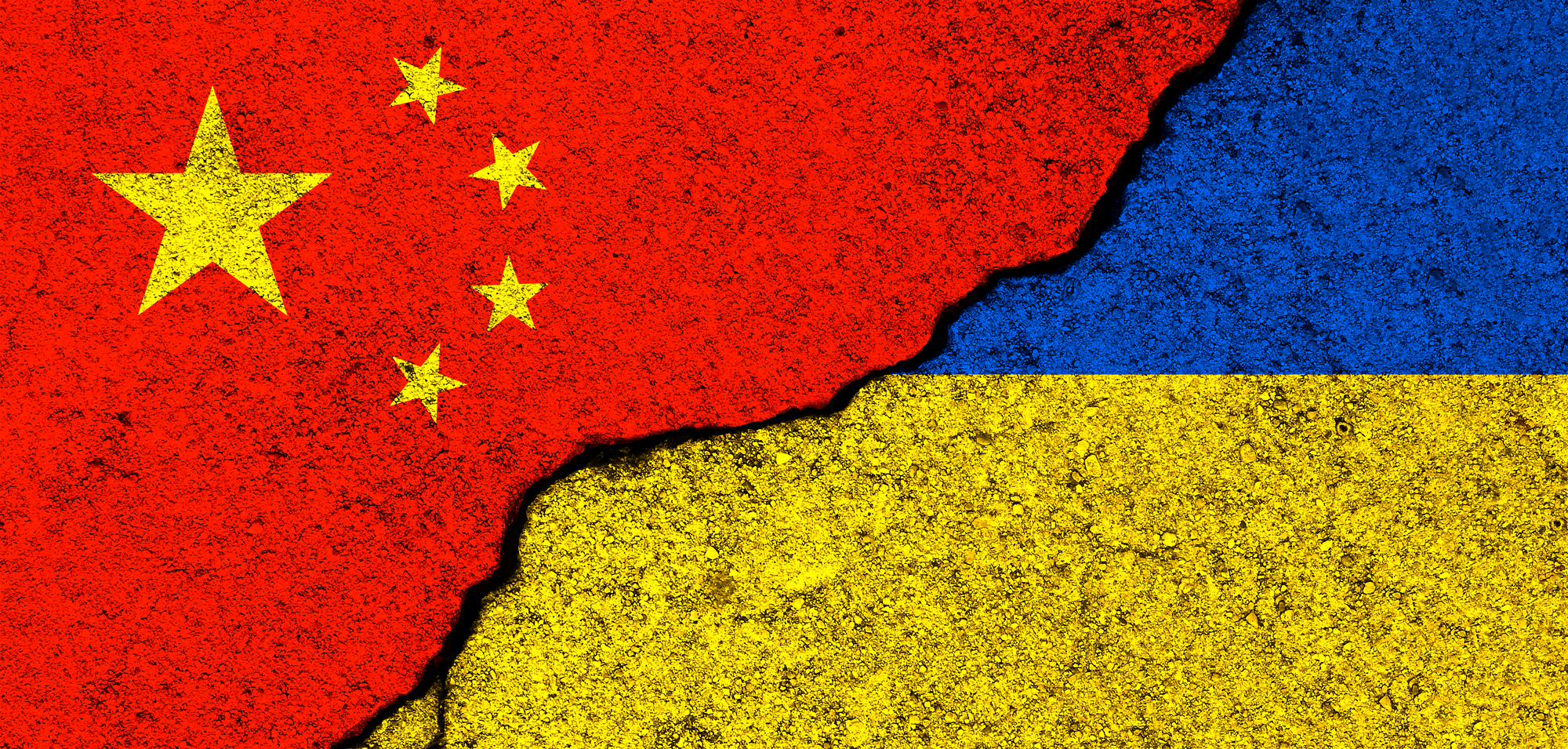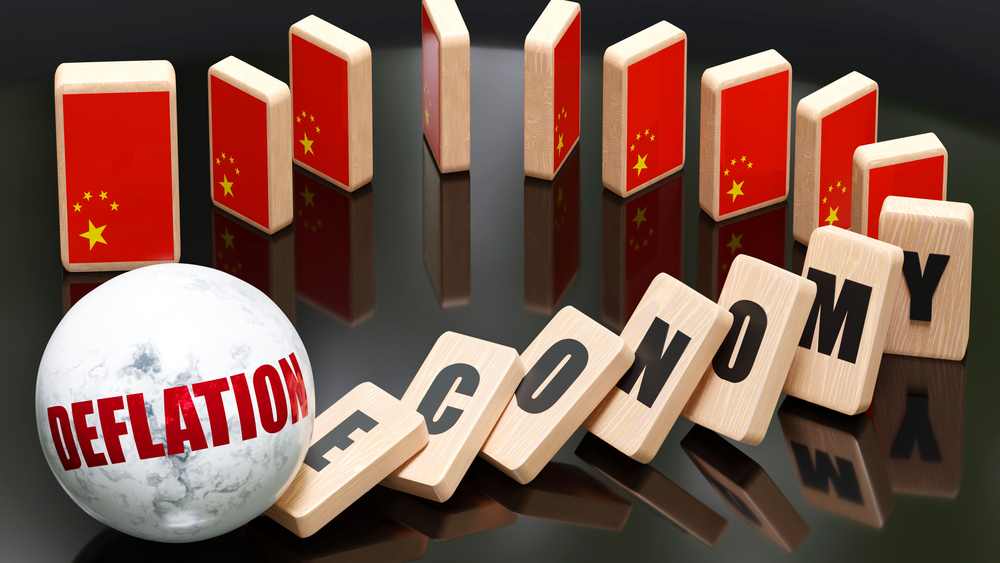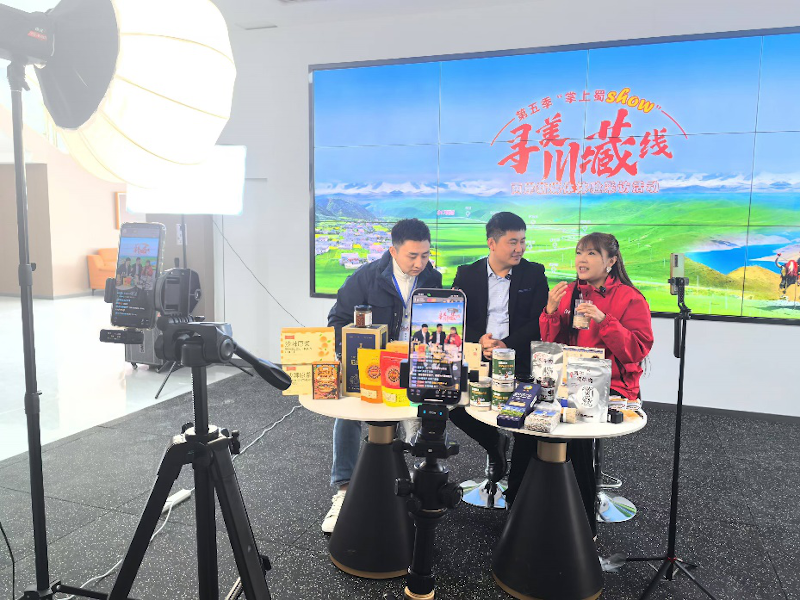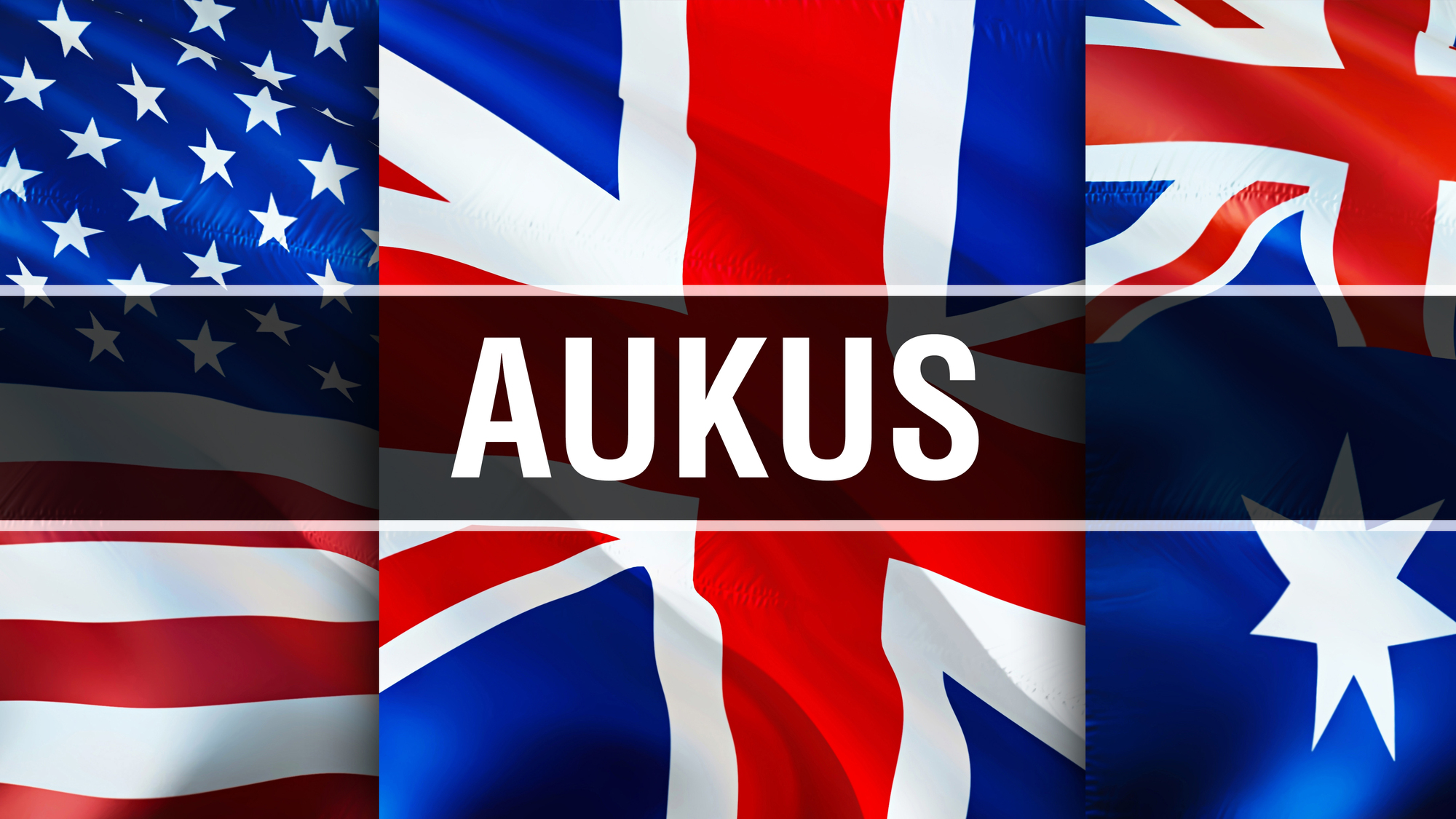Following the meeting between U.S. National Security Advisor Jake Sullivan and Wang Yi, Director of the Foreign Affairs Office of the Central Committee of the Communist Party of China, in Bangkok, Thailand (January 26-27, 2024), U.S. Secretary of State Antony Blinken and Wang used the occasion of the annual Munich Security Conference in Germany to meet on February 16. This continued the trend of frequent meetings between high-level officials from the United States and China. Picture source: Secretary Antony Blinken, February 17, 2024, X, https://twitter.com/SecBlinken/status/1758646189183156337/photo/1.
Prospects & Perspectives No. 13
The Blinken-Wang Meeting and the 2024 Munich Security Conference
By Cheng-yi Lin
The Ukraine War: Fatigue and Shadow
At Munich, Blinken voiced concerns about China’s support for Russia in the Ukraine-Russia war, particularly its backing of the Russian military industry. There is abundant evidence indicating that China has supplied Russia with heavy trucks, excavators, ball bearings, drones, electronic devices, microchips, and other materials to sustain its fighting capabilities in Ukraine. Blinken conveyed to China the United States' opposition to Russia's development of space-based anti-satellite weapons and expressed similar concerns to Indian Foreign Minister S. Jaishankar. The United States and China also exchanged views on the situation on the Korean Peninsula and the Middle East, planning to hold a follow-up meeting between the two countries’ special envoys on the former issue.
Ohio Republican Senator J.D. Vance assumed an unpopular role at the Munich Security Conference, representing former president Donald Trump’s views and opposing voices supporting the U.S. war effort in Ukraine. Vance expressed serious doubts about the United States’ ability to send more military aid to Ukraine. Due to the production capabilities of the U.S. military industry, Ukraine can use in one month the number of Patriot missiles that the United States can produce in a year. It is impractical for Western countries to produce enough ammunition to support Ukraine in war, he averred. If the war persists, he added, Ukraine will lack the manpower to continue fighting. Thus, to avoid casualties, it is best to encourage Kyiv and Moscow to seek resolution at the negotiation table. Vance argued that the United States’ challenge lies not in funding or political will, but in its capacity to produce ammunition. Therefore, for the United States, prioritizing Asia is imperative, with the Taiwan Strait deserving more attention than Ukraine.
Sino-American Relations: Beware of Each Other
According to a news release from China, both countries expressed their commitment to dialogue and consultation on foreign policy, Asia-Pacific affairs, maritime affairs, artificial intelligence, and to maintain communication between their militaries. Blinken stressed the importance of continuing to implement the progress made during the Biden-Xi meeting in November 2023, and emphasized the importance of maintaining peace and stability in the Taiwan Strait and South China Sea. In response, Wang urged the U.S. to “stop unwarranted harassment and interrogation of Chinese citizens and to promote activities that enhance mutual understanding between the two peoples.”
The Biden administration aims to engage extensively with Chinese cabinet members to negotiate several bilateral and international security issues, ranging from fentanyl to the uncertainty and instability in East Asia, as well as the conflicts in Eastern Europe and the Middle East. The United States anticipates that Liu Jianchao will become the new foreign minister, leading to separate and frequent contacts between Blinken and Liu in future, possibly culminating in phone calls between the two national leaders before they meet at APEC or G20 in Latin America in November 2024. Additionally, officials responsible for combating the distribution of fentanyl in both countries, such as the U.S. Secretary of Homeland Security Alejandro Mayorkas and the Chinese Minister of Public Security Wang Xiaohong, held successive video and in-person meetings in Vienna soon after the Munich Security Conference. U.S. Treasury Secretary Yellen is expected to visit China again, while Chinese Commerce Minister Wang Wentao is visiting the United States. For the leaders of both countries, there is a race against time to establish a solid framework for U.S.-China relations that will withstand the impact of the Trump era.
Hawkish views also exist on both sides, with “prioritizers” on the right side of the spectrum and “restrainers” on the left. The former call for prioritizing China above all other threats and urge the U.S.’ allies to take greater responsibility in Europe and the Middle East. Restrainers generally oppose U.S. involvement in overseas conflicts or commitments. They reject the label of isolationists, preferring the term nationalists instead. If Trump were to regain the presidency, he could oscillate between these two positions. According to former U.S. Deputy Assistant Secretary of Defense Elbridge Colby, many in the United States are hesitant to prioritize military assistance to Taiwan and strengthen the U.S. military posture in the Indo-Pacific. Colby also observes that the U.S.’ defense industry has struggled to simultaneously produce weapons for Taiwan, Ukraine, and other partners, let alone for the U.S. military itself.
Chinese military leaders are likely to exploit U.S. weaknesses in safeguarding peace in Ukraine and the Middle East, while building up its strategy of gray-zone conflict to assert its sovereignty claim in the Indo-Pacific. Wang echoed Xi Jinping’s three global campaigns — the Global Development Initiative, Global Security Initiative, and Global Civilization Initiative — during his remarks at the Munich Security Conference. Wang defended Beijing’s positions on the Taiwan Strait and the South China Sea. Days later, U.S. Assistant Secretary of State Daniel Kritenbrink criticized China for becoming “more repressive at home” and “more aggressive abroad,” characterizing China’s Global Development Initiative as a departure from the principles that underpin the international system. Wang pledged that China would collaborate with the United States to foster a relationship based on mutual respect, peaceful coexistence, and “win-win” cooperation. Wang rebuffed the U.S. de-risking policy in supply chains as an attempt to “de-Sinicize,” warning that non-cooperation poses the greatest risk.
Wang used the Munich Security Conference to try to drive a wedge between the U.S. and Europe, emphasizing the need for China and Europe to collaborate to expand areas of shared interest, enhance exchanges and cooperation, manage differences and conflicts appropriately, and steer China-Europe relations back to a path of healthy and stable development while dismissing concerns regarding Chinese policies towards its neighbors. Beijing pays attention to the Munich Rule — to engage and interact with each other and not lecture or ignore one another. Beijing has adopted a policy of proactive contribution, organizing side events or panels through entities such as the Center for China and Globalization, to address international criticisms and amplify China's voice and influence.
(Dr. Lin is Research Fellow, Institute of European and American Studies, Academia Sinica.)

